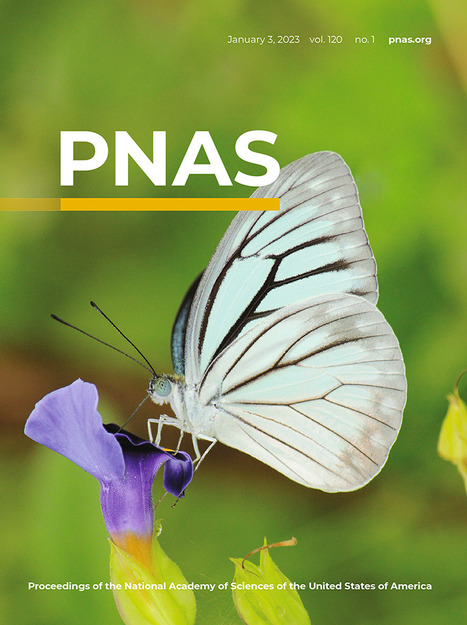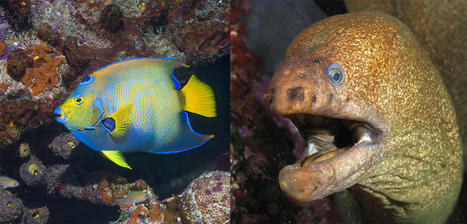There are growing calls for conservation frameworks that, rather than breaking the relations between people and other parts of nature, capture place-based relationships that have supported social–ecological systems over the long term. Biocultural approaches propose actions based on biological conservation priorities and cultural values aligned with local priorities, but mechanisms that allow their global uptake are missing.
Research and publish the best content.
Get Started for FREE
Sign up with Facebook Sign up with X
I don't have a Facebook or a X account
Already have an account: Login
Revue de presse et du net par le Pôle de partage des connaissances S&T de l'Office français de la biodiversité
Curated by
DocBiodiv
 Your new post is loading... Your new post is loading...
 Your new post is loading... Your new post is loading...
|
|












Victoria Reyes-García and Rodrigo Cámara-Leret and Benjamin S. Halpern and Casey O’Hara and Delphine Renard and Noelia Zafra-Calvo and Sandra Díaz Proceedings of the National Academy of Sciences, vol120,{2},2023 doi 10.1073/pnas.2217303120
via @R_CamaraLeret @sdiazecology